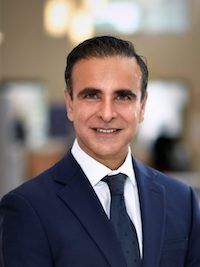madman
Super Moderator

Testosterone therapy and prostate cancer: Risk-benefit and individualized treatment | Urology Times
“The key here is I don’t believe that testosterone increases the risk of prostate cancer progression or biochemical recurrence," says Mohit Khera, MD, MBA, MPH.
Key Takeaways
- Testosterone replacement therapy may not increase prostate cancer recurrence risk, but evidence remains inconclusive, necessitating individualized treatment plans.
- Bipolar androgen therapy (BAT) offers a novel approach, potentially inhibiting prostate cancer cell growth through androgen receptor down-regulation and apoptosis induction.
- AUA guidelines emphasize the absence of evidence linking testosterone therapy to prostate cancer development, advocating for informed patient counseling.
- Recent studies show no significant difference in biochemical recurrence rates between testosterone-treated and untreated patients post-radical prostatectomy.
The key here is I don’t believe that testosterone increases the risk of prostate cancer progression or biochemical recurrence," says Mohit Khera, MD, MBA, MPH.
Mohit Khera, MD, MBA, MPH

In this interview, Mohit Khera, MD, MBA, MPH, shares insights on the use of testosterone replacement therapy in men with prostate cancer, touching on current evidence and also stressing the importance of patient counseling and an individualized approach to treatment. Khera is a professor of urology and holds the F. Brantley Scott Chair in Urology at Baylor College of Medicine in Houston, Texas.












